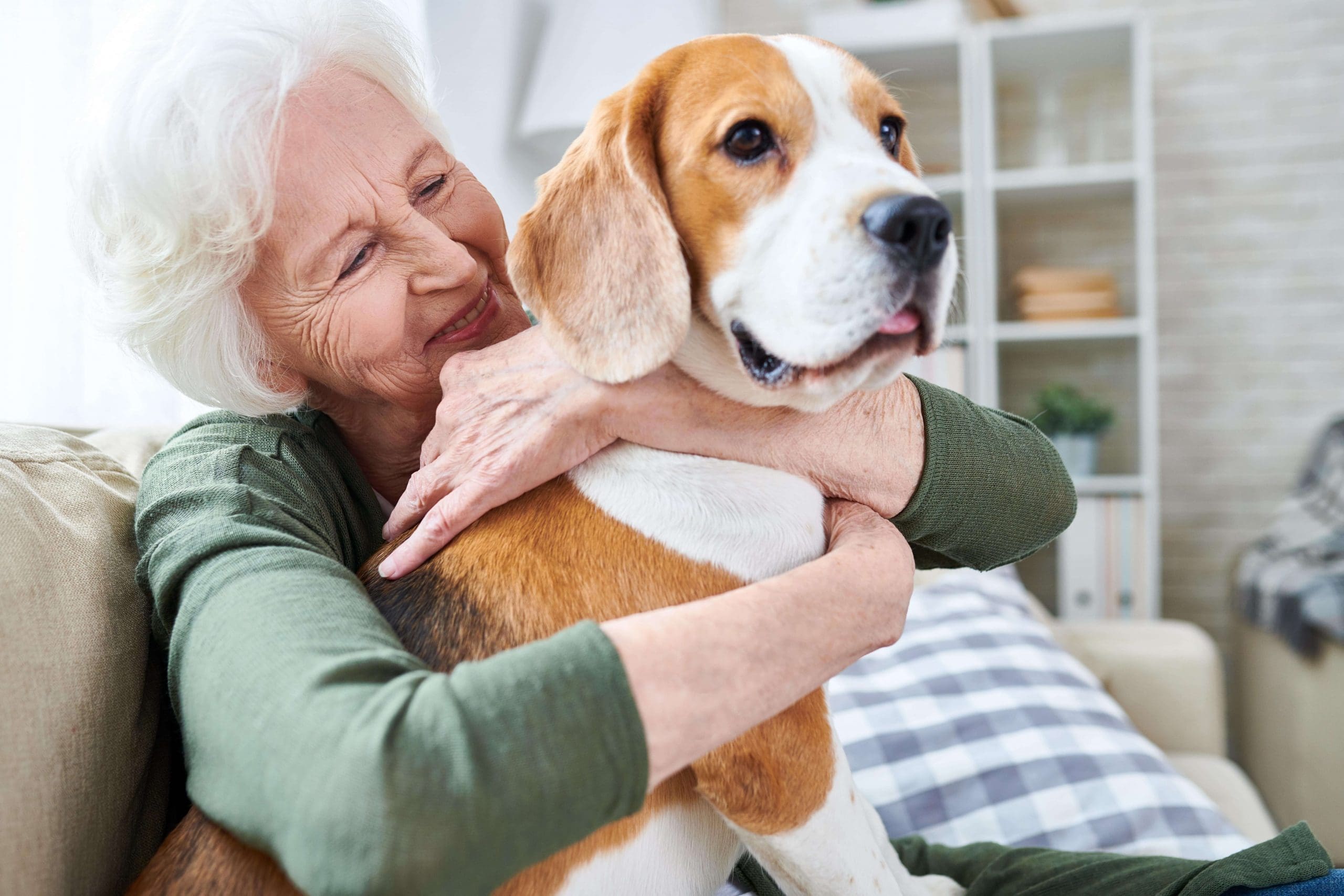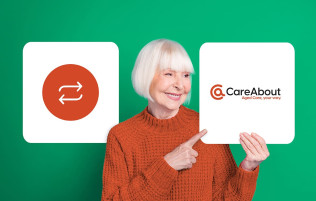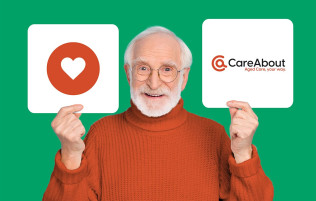5 signs your loved one needs a personal alarm

Have you found yourself wondering if a loved one – maybe your parent or partner – needs a personal alarm?
The thought itself may trigger a range of feelings. You’re used to thinking of that person as strong and capable and it can be hard to accept that they’re in a different season of life.
Maybe you associate personal alarms with frailty or vulnerability. But, looked at a different way, a personal alarm is a valuable tool in maintaining independence and wellbeing.
What is a personal medical alarm?
A personal medical alarm is a small device like a bracelet or pendant that someone wears all the time, in case they need help in an emergency situation like a fall, an accident or getting lost.
Personal alarm devices vary but they usually have motion detectors to sense falls, GPS locators to pinpoint someone’s location, and audio to allow two-way communication between the wearer and a staff member.
If your loved one feels unwell or if they fall and can’t get up, they can press a button on the alarm to bring help. The alarm can also detect if they’ve fallen and are unresponsive and will bring help to them.
A personal alarm gives your loved one more freedom and security. It also gives you peace of mind about their safety.
So, how do you know whether your loved one would benefit from a personal alarm? Here are five signs to look out for.
1. They’re at risk of falling
If your loved one is over 65, they’re at high risk of falling. Indeed, 1 in 3 people in this age group fall each year. The risk continues to rise with age.
Falls are the leading cause of death from injury in older people. Those who do survive a fall may struggle to get back up and may be left with injuries like bruises, cuts and fractures.
It’s a frightening experience. And it changes people. A person who has fallen may lose confidence and be very concerned about falling again. They may avoid anything they now consider risky, such as walking to the shops or joining in social activities. Their life shrinks and their independence falters.
You don’t want that to happen to someone you love. A personal medical alarm can’t prevent a fall but it can detect that one happened and bring help fast. Knowing that can help your loved one feel safer.
2. They’re getting confused
If your loved one has dementia or is beginning to lose track of where they are, a personal alarm device can help. Most alarms are equipped with GPS tracking which can pinpoint your loved one’s location.
Some also have a geo-fencing option, meaning they’ll notify you if the wearer goes beyond a certain set distance from home.
3. They’re at risk of a medical emergency
Does your loved one have several chronic conditions? That’s quite common in older people; 60% of people aged 75-79 have two or more significant conditions. They may have osteoarthritis, diabetes, dementia, high blood pressure or breathing difficulties.
They may be on quite a number of different medications, with potential side effects (especially if they accidentally mix them up or take them at the wrong time). Some health conditions may make your loved one feel suddenly unwell and in need of urgent help. A personal medical alarm can bring that help easily with the push of a button.
And that help is guaranteed to be available. It’s quite different than your loved one feeling unwell, trying to find their phone, and then calling you only to discover you’re in a meeting or on an aeroplane. Sometimes, there isn’t time to spare; a personal medical alarm can connect your loved one to a dedicated staff member immediately.
4. Their behaviour has changed
Does your loved one seem different? Are they doing less than they used to? Sometimes, people begin to withdraw from activities they used to enjoy because they’ve become afraid. They may be staying home more often or seem reluctant to try something new. A personal alarm can help bring a sense of safety because they know that help will come quickly if they need it.
5. They need regular care
Perhaps their health has changed abruptly or maybe there’s been a gradual decline. Take a step back and think about your loved one. Have they begun to need more help with daily chores or personal hygiene tasks? That maybe a sign that their health is changing. A personal alarm adds a safety net beyond the regular network of formal or informal carers.
Vitalcare’s personal alarm – Rosie+
If you think a personal medical alarm would help your loved one, then we recommend getting in touch with Vitalcare. It’s an all-in-one 24/7 personal concierge and emergency response service that enables independence for your loved one and provides peace of mind for you.








